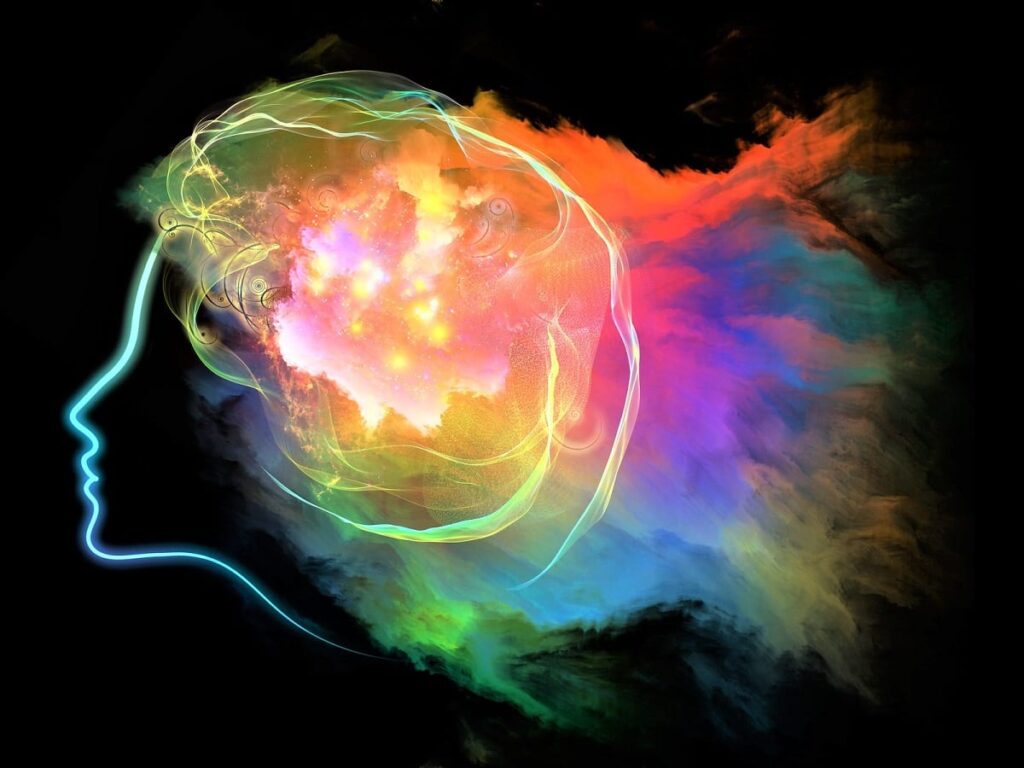Over the last few years, many medical practitioners have prescribed what might be called mind-altering drugs, to treat an array of psychological conditions. , The conditions include depression, anxiety and even PTSD. But there’s one mental activity that we rarely talk about when it comes to any kind of mind-altering intervention.
Ironically, it’s among the most talked-about of all human endeavors. It’s the inspiration for much of our greatest art, music, and literature. It is also quite possibly the most commercially-exploited of our many preoccupations – sex.
While Viagra might have generated $500 million for Pfizer in 2019, it’s not the only drug people use for sex. On their own, sex and recreational drugs are cultural taboos. Combining the two often compounds our unwillingness to talk about them.
Maybe our reticence has to do with the fact that the drugs that people combine with sex today tend to reflect wider substance abuse and consumption patterns. In 2019, the recreational drugs people most often used in conjunction with sex were alcohol, cannabis, ecstasy, and cocaine, according to data from the Global Drug Survey.
Most will be familiar with alcohol, and many have intentionally used a drink or two to relax before sex. For the most part, people consume alcohol to facilitate sex; they use drugs to enhance the experience. Some will use a combination of both drugs and alcohol for increased efficacy.

A History of Drug-Use
Understanding how sex and mood-and-mind-altering drugs are connected isn’t something we should shy away from or perceive as deviant. People have been using drugs to enhance their sexual experience for thousands of years.
The ancient Egyptians used extracts from the blue lotus flower to increase sexual desire. In ancient India, male practitioners of Ayurveda ingested opium to boost their sex drive. The 17th century Chinese consumed countless tons of opium, too, to enhance the art of courtesans and prostitutes.
More recent pharmaceutical advances fell merrily into bed with a generation and culture of Westerners primed to take advantage of them. The heady 60’s allowed psychedelic advocate Timothy Leary to declare, “LSD is the most powerful aphrodisiac ever discovered by man.”
Despite this long history, however, our understanding of the relationship between sex and drugs remains scant and woefully skewed. Researchers have tended to focus on associations between drug use and “risky” sexual behavior, such as lack of condom use or random promiscuity.
Studies have also emphasized links between drug use and “impaired” sexual function. This includes difficulties in maintaining an erection or achieving an orgasm.
Of course, all of this leaves us with a notion of sex on drugs that is unduly focused on the negatives. This narrow, insular attitude – held by both officialdom and society at large – has been unconducive to scientific inquiry and exploration.
This is a shame. Understanding the benefits of using drugs to enhance sex is an important topic of research in its own right, after all – albeit a neglected one.

to take advantage of them.
We’ve Got Chemistry
The cynic might hem and haw suspiciously around the subject, but the longstanding, deeply-rooted association between sex and drugs is undeniable even at the biological level. Researchers have found that the link between mind-altering drugs, sex, and – perhaps more intriguingly – music is more fundamental and natural than most would think.
The brain responds similarly every time we hear music, take recreational drugs, or have sex. This is because the same part of the brain gets stimulated. Not surprisingly, this fascinating cerebral apparatus is at the center of much of the new research on the subject.
In their book, Love Is the Drug, Brian Earp and Julian Savulescu suggest that this neglected aspect of sexual desire is just as important as other psychological structures. Intuitively, we’ve always known this, which might explain why we say two people who are well-suited to each other have “sexual chemistry.”
The two Oxford ethicists go further – much further than anyone else has in the past decade, at least. They suggest that such drugs have already been partially tested by huge numbers of people around the world, and should straightaway become the subject of controlled research.

The Promise of Chemically-Assisted Therapy
The problem is the drugs Earp and Savulescu talk about are illegal substances such as magic mushrooms and methylenedioxymethamphetamine (MDMA), the active ingredient in the rave drug ecstasy.
Some of their arguments have – as expected – raised eyebrows. They cite studies that show excellent results for the use of MDMA in counseling combat veterans suffering from post-traumatic stress disorder (PTSD).
“Our point is that trauma falls on a spectrum and relationships themselves can be traumatic,” Earp explains. “What causes a lot of relationships to break down over time is traumatic or semi-traumatic events that take place either inside or outside the relationship.”
The two authors are careful to distinguish between relationships that have simply reached stagnation and bad relationships that put couples at risk of physical or psychological harm. The former, they argue, could perhaps be helped by chemically-assisted therapies
Earp points out that there is already a body of research showing how couples in which one partner has PTSD have benefited from the regulated use of MDMA.
This therapy combination has received “breakthrough therapy designation” from the Food and Drug Administration in the United States. It is currently being tested in a large randomized controlled trial, sponsored by the Multidisciplinary Association for Psychedelic Studies.

“Under the Influence”
Of course, MDMA is best known these days for its role in the so-called second summer of love in 1988, when a generation of rave-goers discovered ecstasy. Unfortunately, the social idealism that began that movement descended into hedonistic excess, and it wasn’t long before teenagers began to die in MDMA-related incidents.
But up until 1985, many relationship counselors in the US prescribed MDMA for couples who were going through emotionally-troubled times. In 1998, psychiatrists George Greer and Requa Tolbert wrote in the Journal of Psychoactive Drugs of their experience of conducting MDMA-enhanced therapeutic sessions with about 80 clients.
Many of their clients reported that “they felt more love toward their partners and were better able to move beyond past pains and pointless grudges” after the sessions.
Some in the research community now argue that these promising initial research findings point to the need for further investigation. Fortunately, more and more scientists are beginning to listen.
One recent study reveals a diverse group of people across a range of sexual and gender identities who use MDMA to enhance sex for different reasons. In this case, researchers note that MDMA was the top-ranked drug among respondents.
“I think what’s interesting about MDMA is that we associate it with its prosocial effects – connections, and social bonds, heightened empathy,” says study author Dr. Leah Moyle. “This was particularly true of couples who talked about the ability to engage in relationship work under the influence of ecstasy.”

Moyle, a senior lecturer at the University of London’s Department of Law and Criminology, says the subject needs more research. She believes the new study demonstrates the limitations of seeing sexual enhancement in purely physical terms, highlighting as it does how drugs enhance the emotional aspects of sex.
Why such research is important should be a matter of common sense. Further knowledge of the inner workings of how drugs enhance sexual pleasure could help us understand the myriad sex-related problems people experience, too.
Still, a question must be asked – if only to convince more people that the subject warrants serious investigation. Should our cultural distrust of sex and drugs prevent us from improving an aspect of human existence we all have the right to enjoy?



